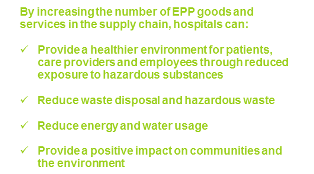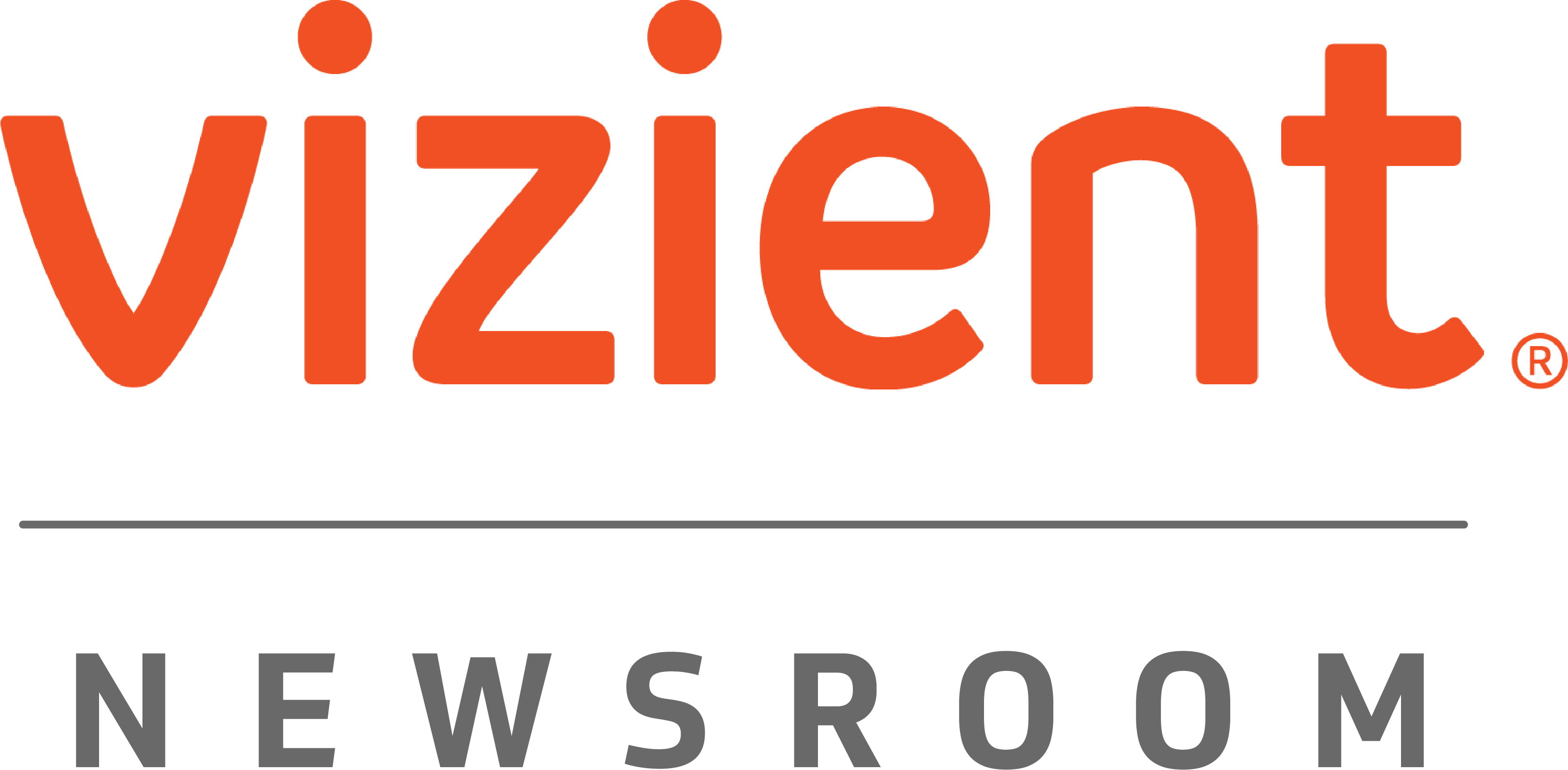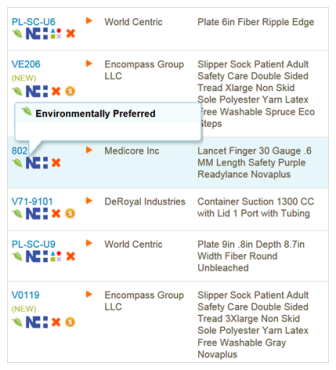With nearly all of the waste leaving a hospital originating from a purchasing decision, supply chain leaders are in a unique position to lead efforts that will reduce the environmental impact their hospital has on the community it serves. And that impact is huge.
Hospitals are open 24 hours a day, seven days a week, 365 days a year. They are typically a top water user in their community and are the second largest energy users of all sectors, generating significant greenhouse gas emissions. More specifically, a survey in 2010 by Practice Greenhealth estimated that each staffed bed in a hospital generates 33.8 pounds of waste per day. According to the American Hospital Association, there are 902,202 staffed beds in U.S.-registered hospitals. That works out to roughly 5.9 million tons of waste annually.
And the impact isn’t just on the environment. Through medical products and the hospital environment, patients and caregivers may run the risk of potential exposure to harmful chemicals such as polyvinyl chloride, DEHP and halogenated organic flame retardants.
In an industry founded on the premise of “first, do no harm,” implementing an environmentally preferred purchasing (EPP) program directly aligns with health care’s healing mission.
Implementing an EPP program can begin with a few carefully targeted purchasing changes. However, supply chain leaders should also establish processes that support the selection of as many environmentally sound, cost effective and safe products and services as the facility can use.
Environmentally preferred purchasing data enhancement
“Vizient is passionate about creating paths for sustainable health care delivery, and we are taking steps to expand the number of items available to our members in a way that supports their sustainability objectives,” said Brent Gee, associate vice president, strategic programs and contract services.
Currently, Vizient offers more than 36,000 EPP line items through its contracts – clearly denoted with a green leaf icon on Marketplace|Procure, Vizient’s online sourcing portal for members. EPP attributes have been collected through our competitive bid process for years. However, we recently announced an agreement with MindClick, Inc. that will help significantly increase the number of these products and make it easier for members to identify EPP products and the suppliers who offer them.
MindClick will support the collection of EPP information in connection with Vizient’s competitive bid process through its Healthcare Sustainable Purchasing (HCSP) Index, a cloud-based technology solution that collects, verifies, rates, reports and analyzes suppliers’ item level EPP performance. The HCSP Index is based on the existing Standardized Environmental Questions for Medical Products developed by industry group purchase organizations in collaboration with Practice Greenhealth, and will expand to include additional sustainability questions as requested by health care providers, suppliers, purchasing influencers and decision makers.
“This is such an exciting time in the EPP community and through the collaboration with MindClick, we can extend our lead in bringing EPP products and sustainability programs to the industry,” said Gee. “The agreement augments Vizient’s current EPP Program by providing third party verification of attributes and the framework necessary for member health care organizations to implement and maintain successful sustainability programs.”
Vizient’s Environmental Advisory Council has spring meeting in Dallas and sets goals for 2016
“At our council meeting in May, members heard from suppliers representing the food and reprocessing sectors. One Vizient-contracted supplier, based on our council’s encouragement, is producing ‘never hormones or antibiotics ever’ proteins. In fact, the supplier intends to offer these types of products exclusively in the coming year,” said Gee. “This goes to show the strength in collaboration. We have the ability to expand markets, drive down prices and encourage innovation not only in health care but for consumers as well.”
In other council business, the group set the following goals for 2016 to help facilitate the acceptance and use of EPP products:
• Educate constituencies, hospital staff and suppliers on the importance of EPP
• Further reduce chemicals of concern through third party certification
• Encourage and enable reprocessing
• Enhance contract strategies to reward supplier support of EPP
The Environmental Advisory Council (EAC), made up of members from across the country, meets monthly via conference calls and in person twice a year.
“There’s still much, much to do and we realize we don’t have the market cornered on good ideas. In fact, we have a few openings on our EAC. If any members are interested in potentially joining our group, we welcome your application. In particular, the council is seeking representatives from members in the southern states as we work to better geographically represent the entire country,” said Gee.


